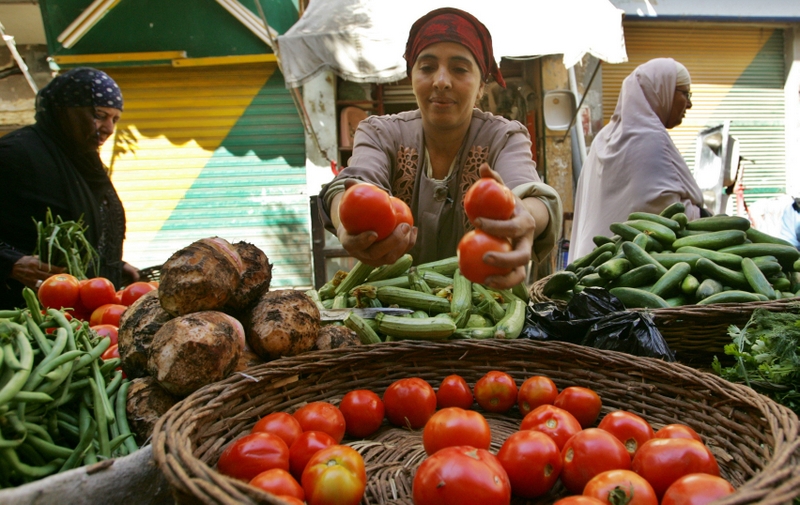
(AFP Photo)
In the “Arab Countries in Transaction: Economic Outlook and Key Challenges”, the International Monetary Fund (IMF) identified political uncertainly and escalation of violence as the main risks to the development of Egyptian economy.
“Also, the rise in regional turmoil, in particular the conflict in Syria, could delay the resumption in FDI and tourism and can potentially affect Suez Canal revenues,” the report added.
The report added that a rapid emergence of a broad and inclusive political process would restore confidence and accelerate the return of private investors.
The report discussed Egypt’s economic challenges saying that “Financial fragilities have continued to build up with rising fiscal deficits, arrears, inflation, and debt, as well as low external buffers.”
The IMF study also mentioned that inflation doubled to 10% in August 2013, in the eight months since December 2012, adding that a constant rise, that will reflect persistent supply-side struggles and money expansion, is to be expected.
On the medium-term challenges, the fund said that the country’s priorities should focus on achieving higher and inclusive growth, promoting the role of the private sector, increasing investment in human capital and removing bottlenecks to allow for investments in the electricity and transport sectors.
Discussing the short term economic outlook, the report said that the $12bn pledged financial support from gulf countries would help Egypt meet the financial needs during the next year and create a fiscal space that will allow the current government to announce a stimulus plan.
“Nonetheless, because of the disruptions in the manufacturing and tourism sectors, growth is expected to remain subdued in FY 2013/14,” the report said, adding that the budget deficit will remain elevated unless the authorities move forward quickly with their plans to reform subsidies and implement other fiscal measures.
The report added that the short term policy should shift budgetary resources towards infrastructure, education and health spending, as well as defining a clear strategy for settling domestic and external arrears, will be important to improve growth prospects.
During a press conference, held on 10 October, Christine Lagarde, the IMF managing director said “The IMF is very keen and ready to engage with the Egyptian authorities in order to help the country and the people of Egypt stabilise the situation, address the economic difficulties that it is facing.”
Lagarde continued on saying that the two parties have had discussions over the last year and a half and are prepared to engage.
“We believe that it has to be a cooperation between the Egyptian authorities on the one hand, us, the donors, whoever is participating and is keen to stabilise the financial and economic situation in the country,” Lagrade added.
Fernando Aportela, Chair of the G-24 ministers and vice minister of Finance and Public Credit of Finance Mexico, expressed his happiness regarding the fact that Egypt will chair the G-24 Group, an Intergovernmental Group of 24 on International Monetary Affairs and Development, in 2014.
“We trust that under the country’s upcoming presidency, the G-24 Group will reach important goals and results. We wish the best for Egypt in the coming year,” Aportela said.
On 4 October, Interim Prime Minister Hazem El-Beblawi announced that Egypt has reduced its delegation to the International Monetary Fund (IMF) meeting this year in protest of unfair treatment by the international body.




